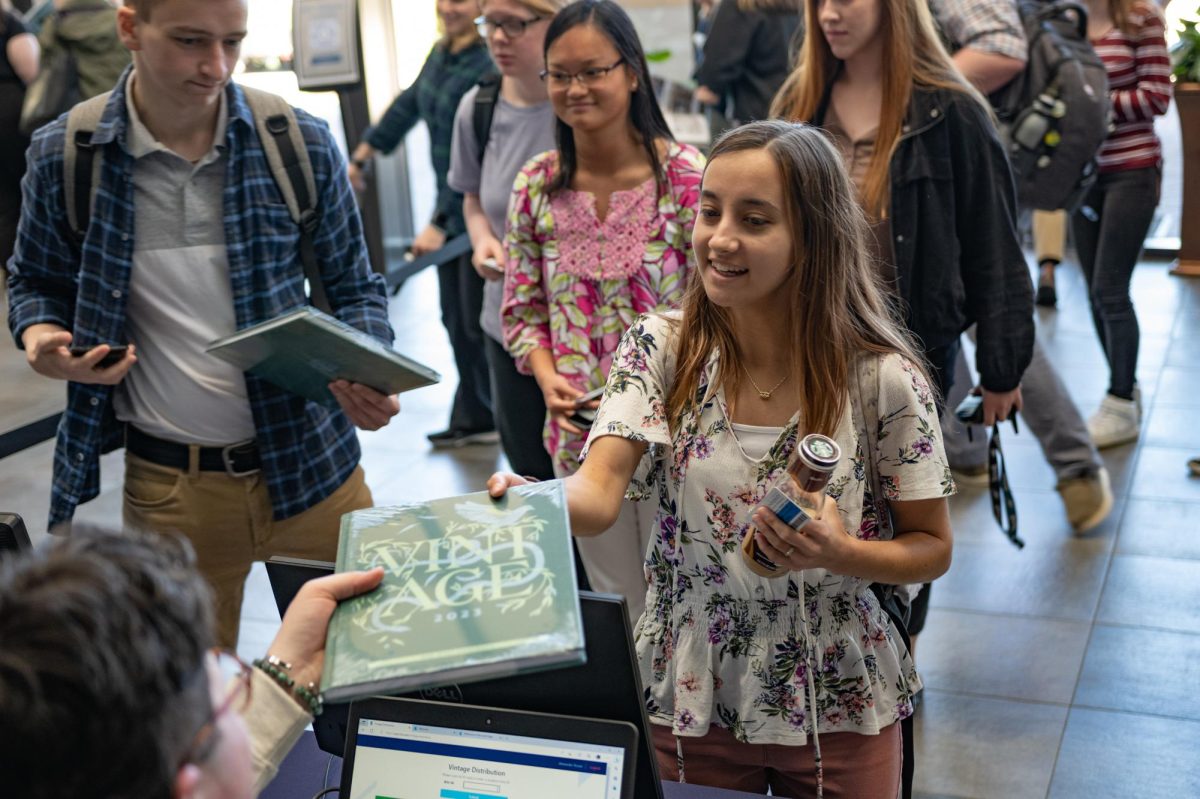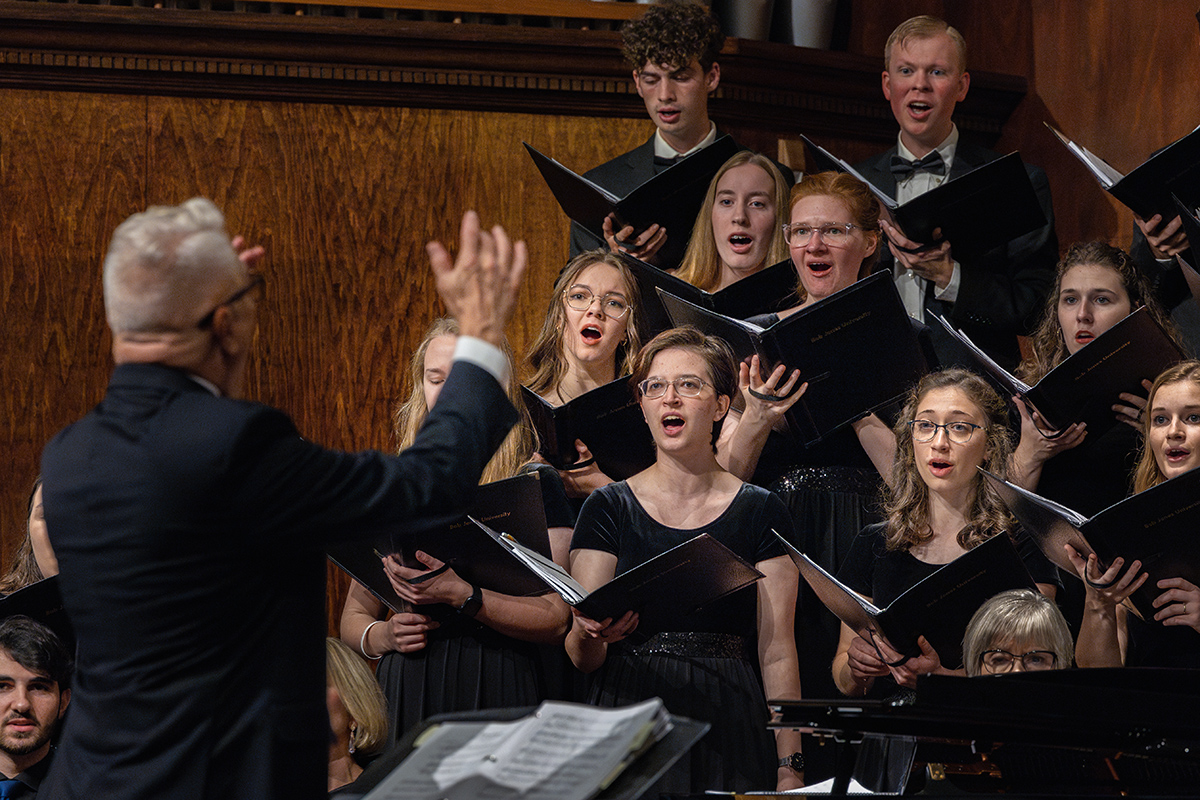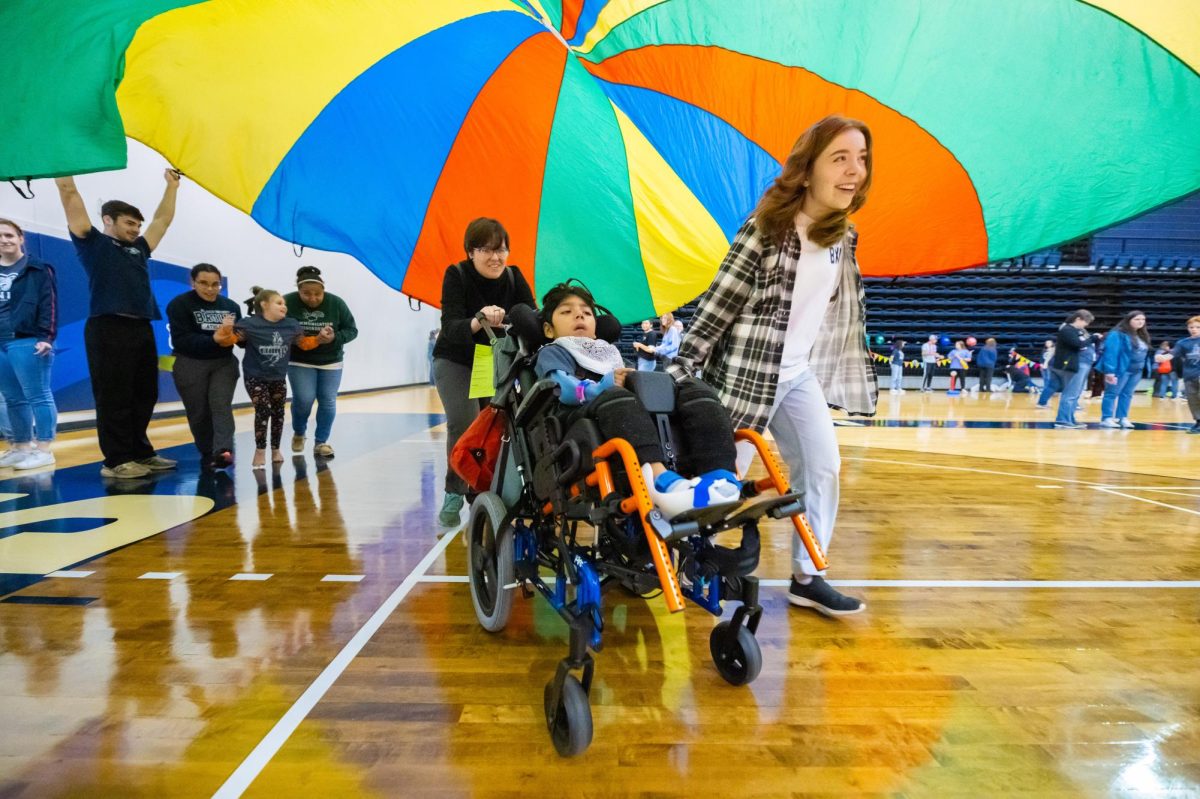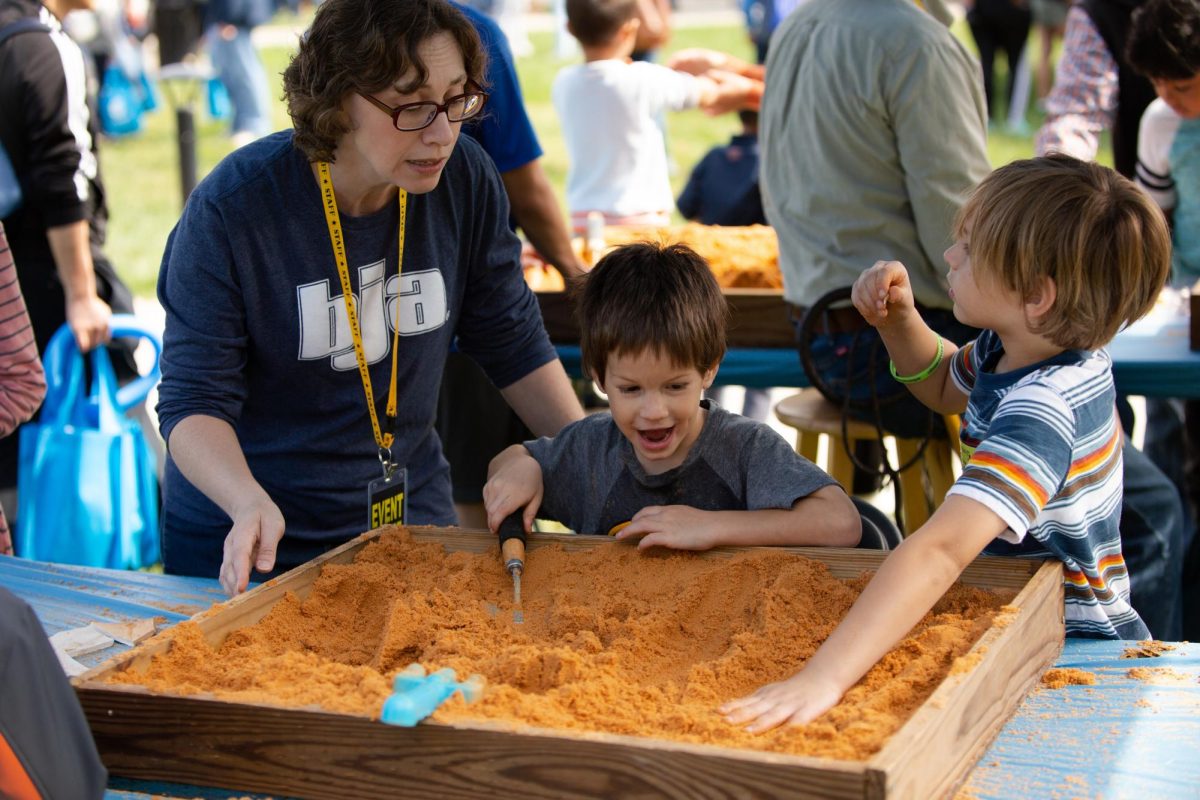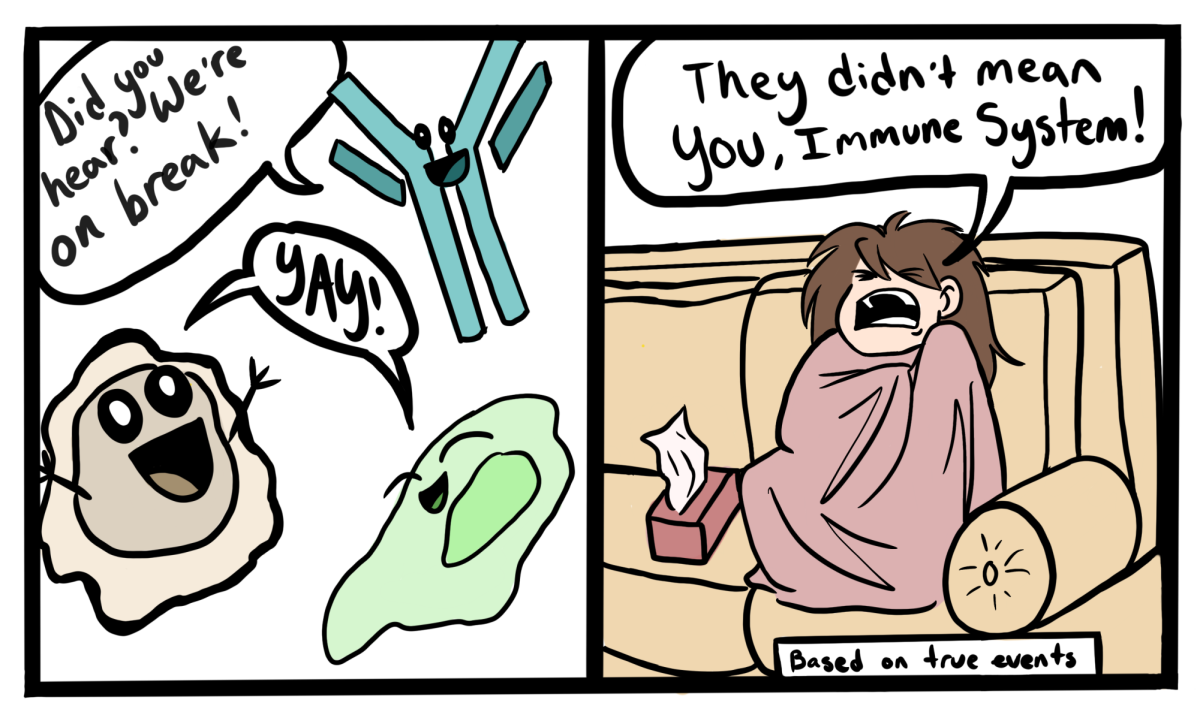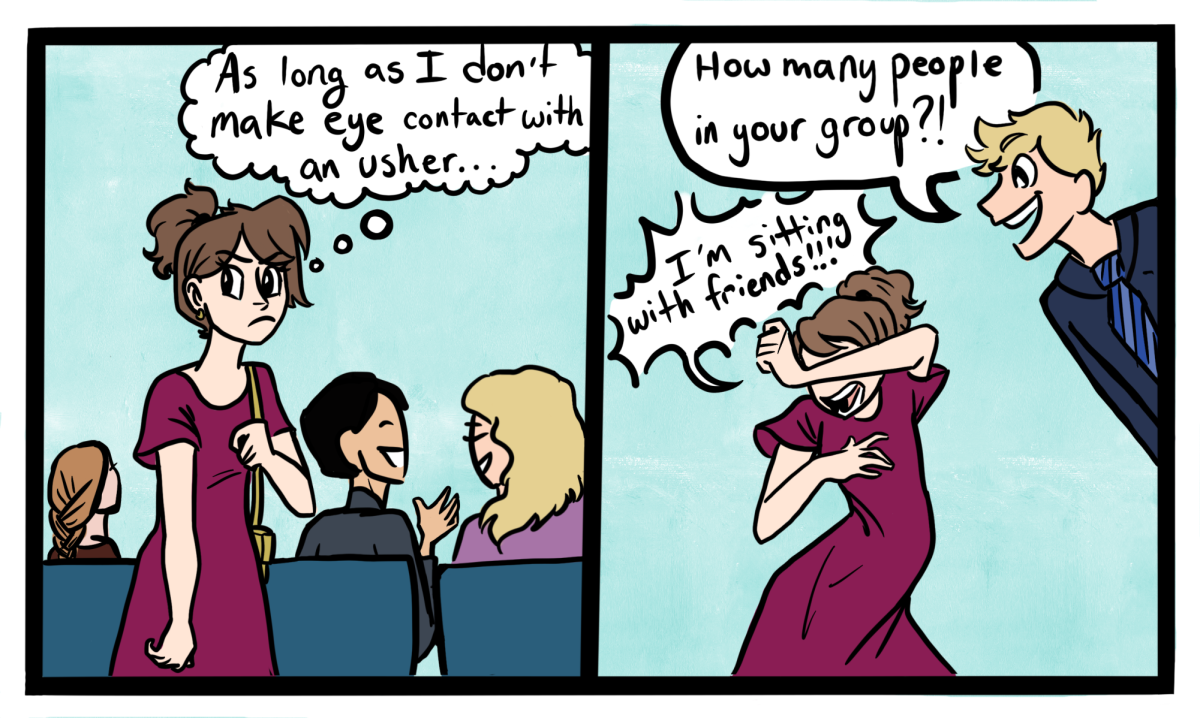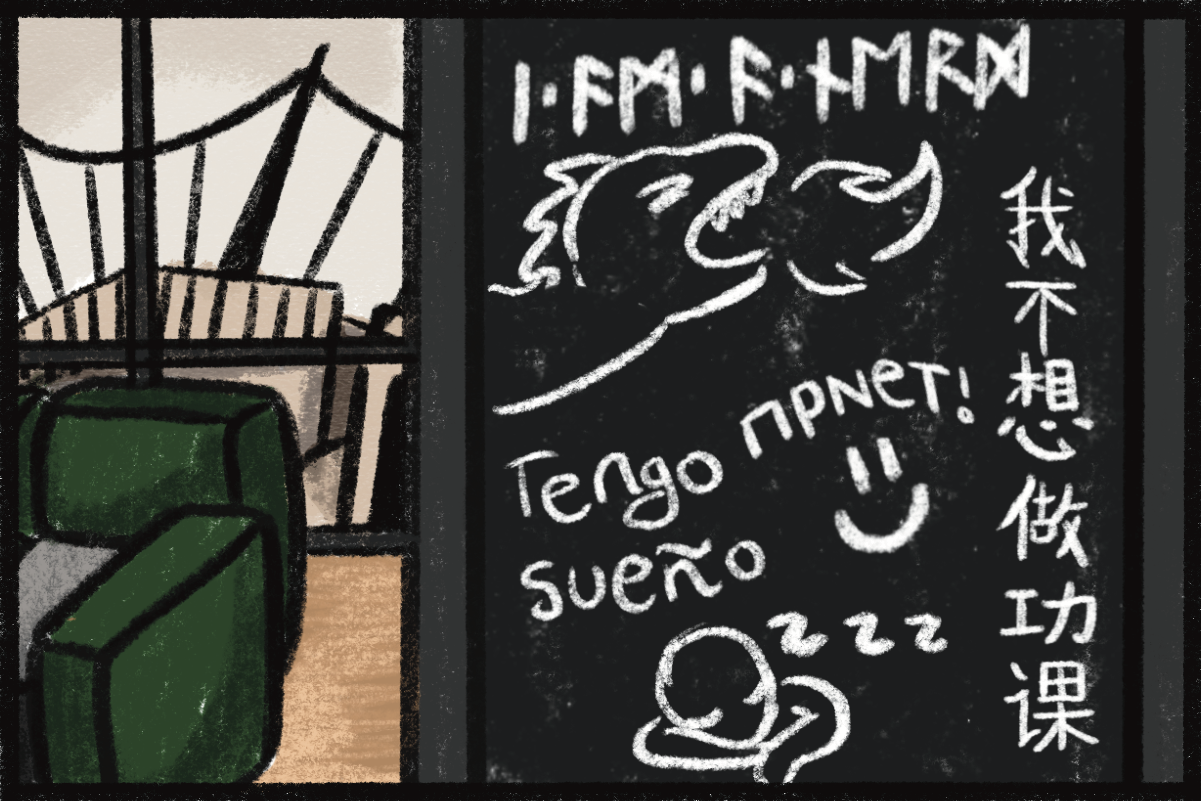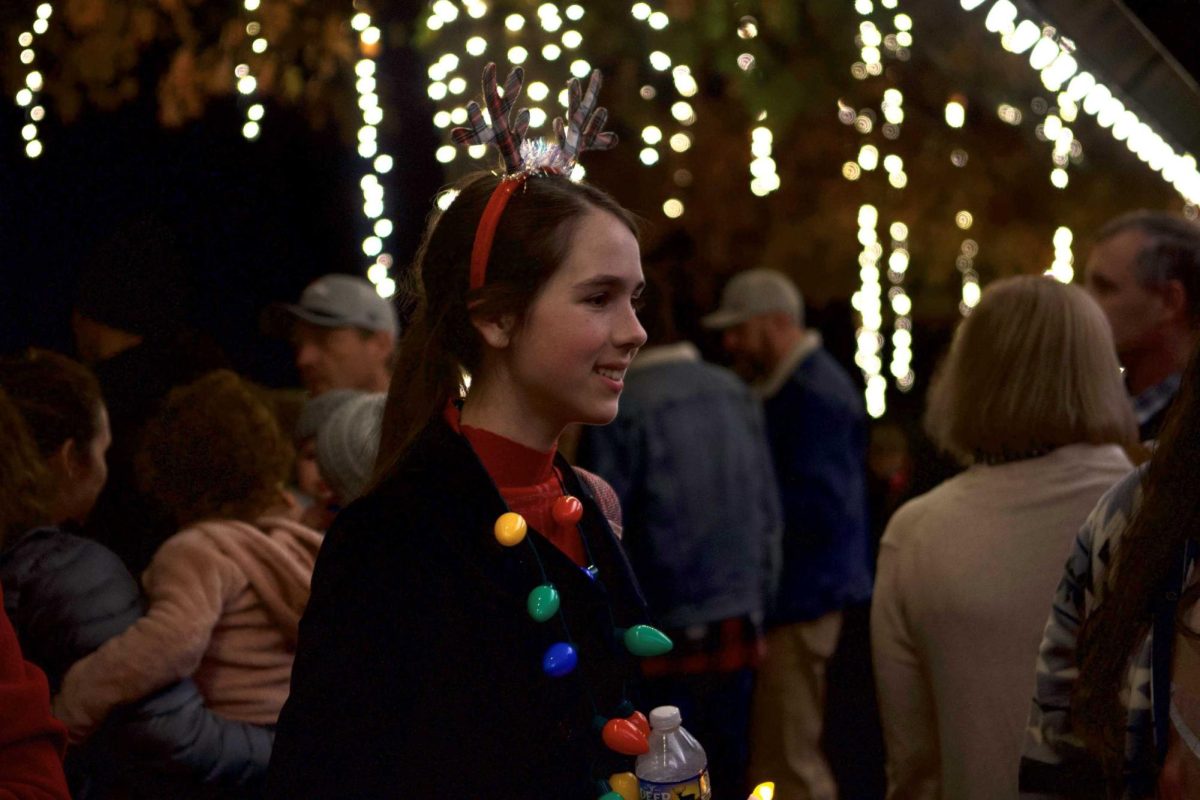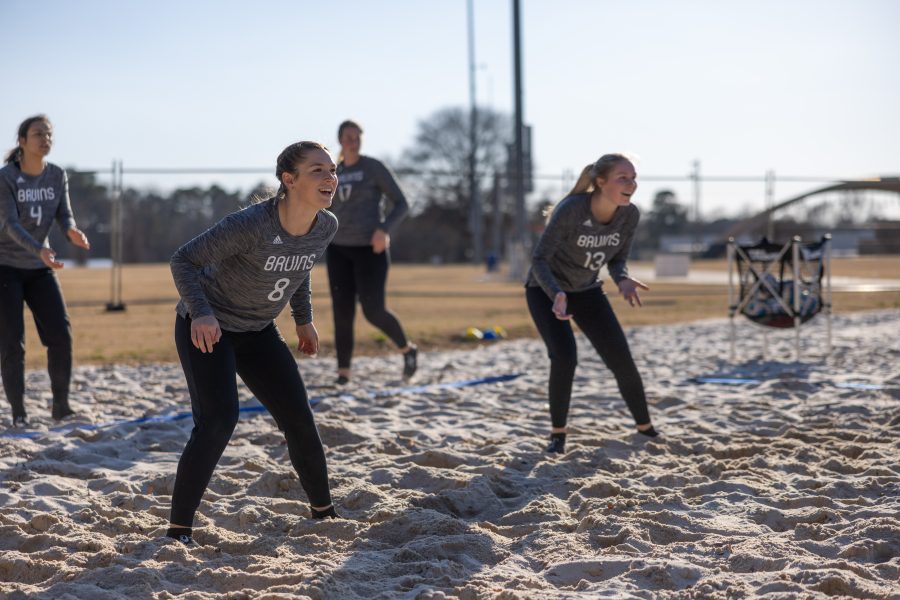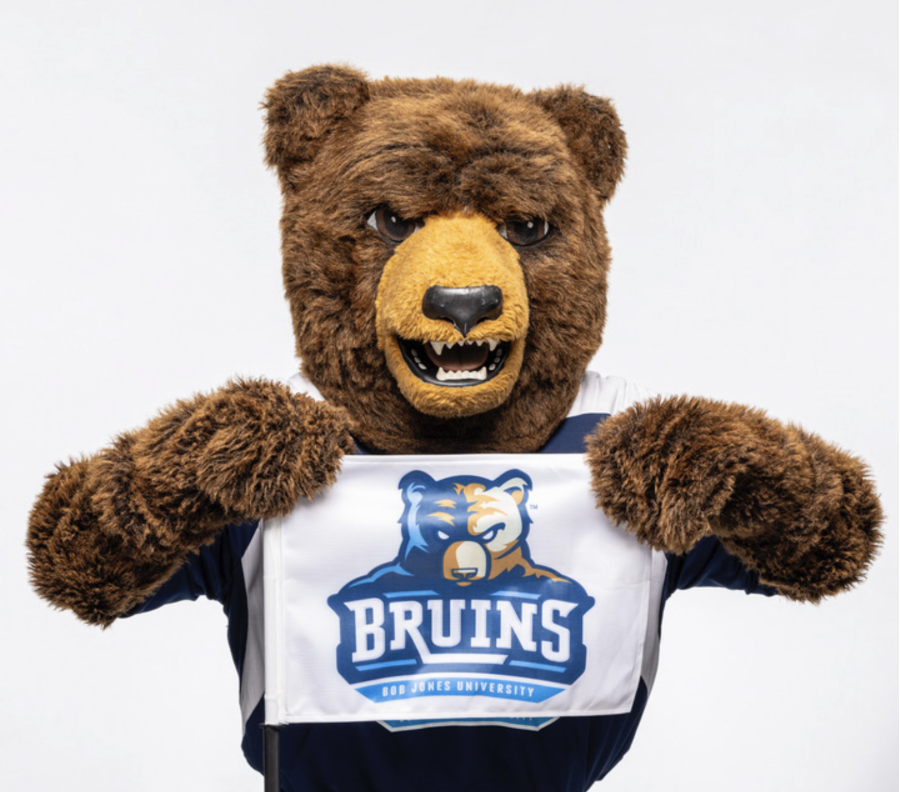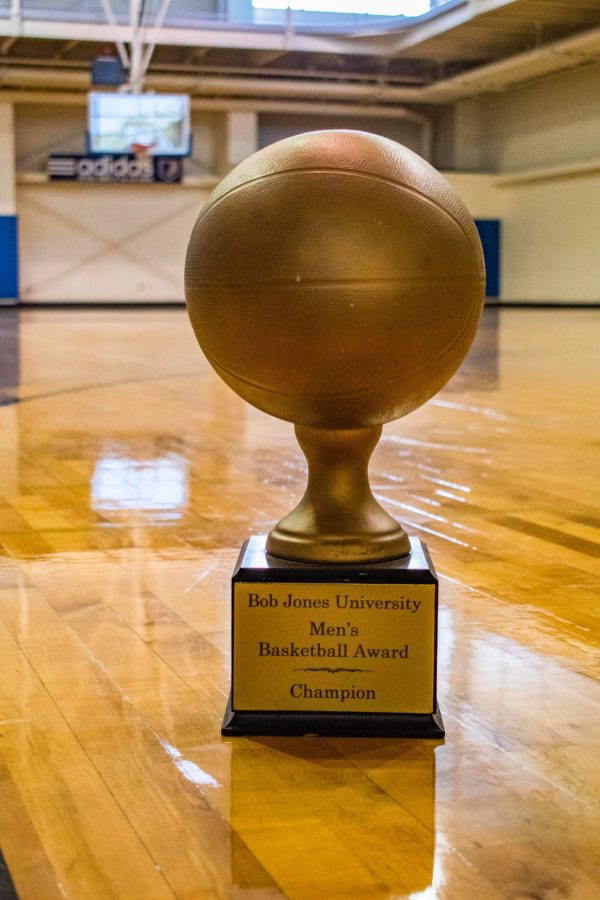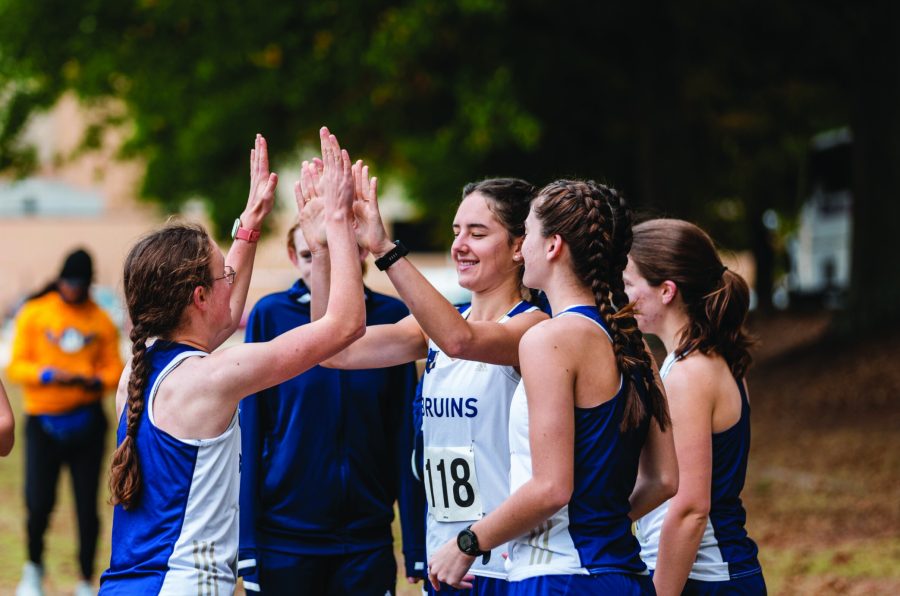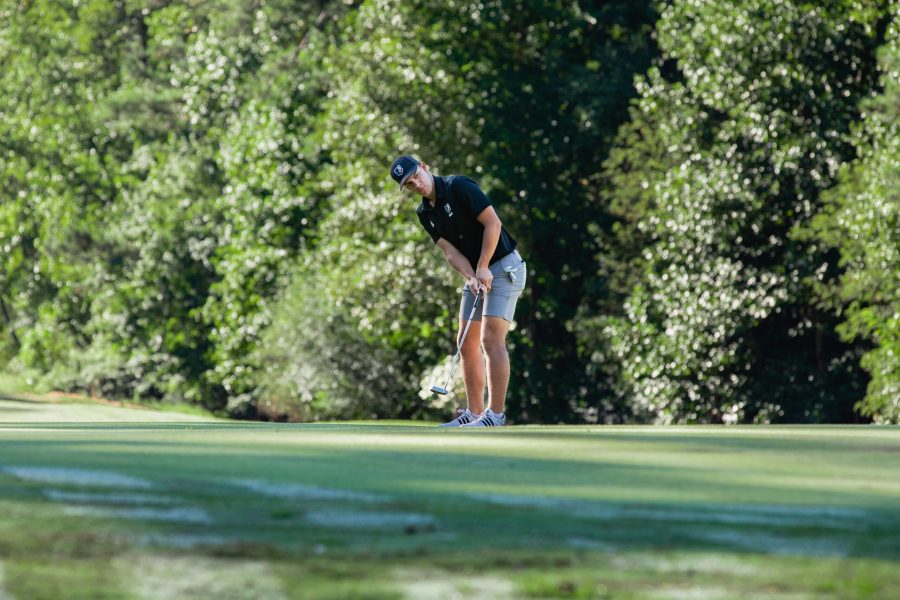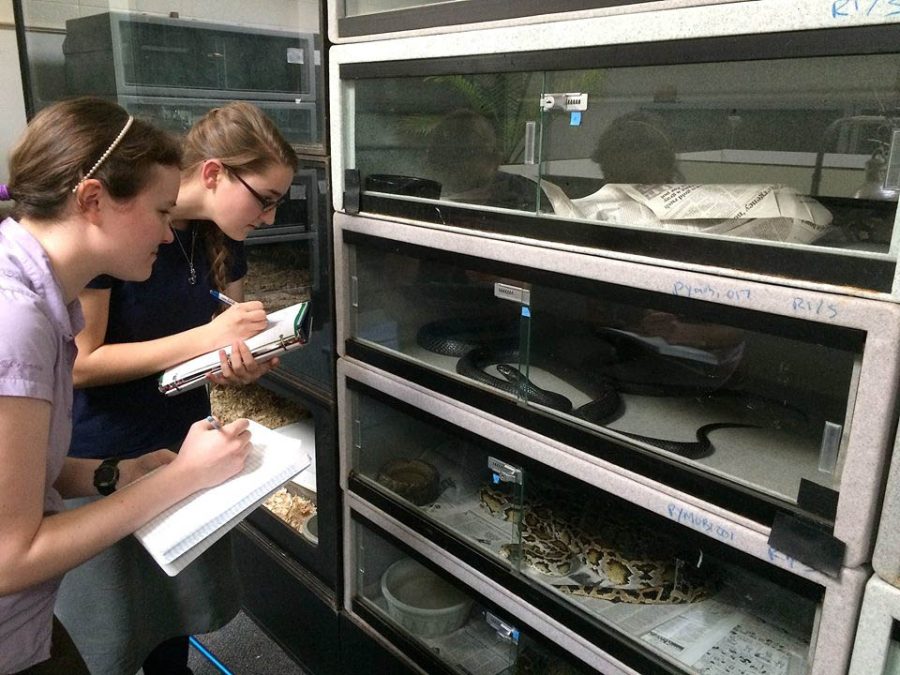Have you ever wondered why crickets chirp at night? What about how dolphins are trained to do tricks?
If so, you might be interested in the new zoology and wildlife class, Animal Behavior, taught for the first time this semester by associate biology professor Dr. Chris Carmichael.
Carmichael, who said he has had a love for animals and the motives behind their actions since he was a child, said the course focuses on the study of ethology, or why animals do what they do. “We look at different behavioral phenomena like habitat use and intraspecific competition (an interaction where members of the same species compete for limited resources) and how that affects different behavioral attributes of the species we’re looking at,” Carmichael said.
In addition to the class period, students participate in lab hours to gain hands-on experience with identifying and analyzing the behavior of certain animals, which primarily include fish, frogs, toads, mice and snakes.
Students also use the lab hours to set up some of their own behavioral experiments to use for research.
Carmichael said these experiments are important because they teach students to not just appreciate creation, but also to understand it. “Learning the power of observation is pretty huge, especially in animal behavior,” Carmichael said.
Although the students are mostly in a controlled lab setting for the first half of the semester, they will have the opportunity to step outside the classroom walls for the second half of the semester to observe and document animal behavior in the wild.
However, the biggest project for the semester will revolve around the Greenville Zoo. “The Greenville Zoo will give us a bunch of different projects that [the zoo] would like to get some more data on,” Carmichael said.
Some of these projects include studying the stereotypical behavior of animals compared to their natural behavior, such as pacing and eating habits.
Once the students collect and organize the data, they will present their findings to the zoo staff at the end of the semester.
Carmichael said he would love to see his students take these projects to an even higher level. “I hope that this class will get [students] interested in the possibility of looking at an undergraduate research project,” Carmichael said.


